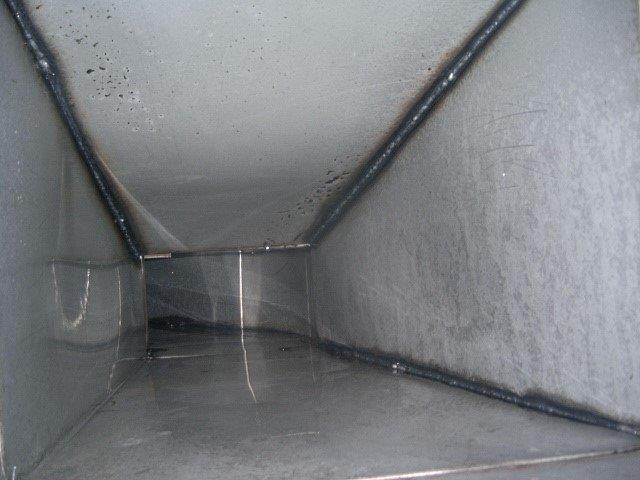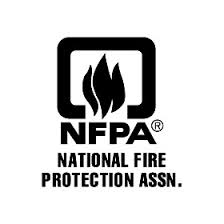Attention Restaurant Owners Part 2: How to Judge if Your Exhaust System is Properly Cleaned.
Leave a CommentMaking sure that a kitchen exhaust system is cleaned regularly is the first step to preventing an unexpected grease fire. Many restaurant owners wonder how often they should be assessing their exhaust systems. The National Fire Prevention Association (NFPA) has the following set of guidelines:
If your exhaust system is not properly maintained, then you are exposing your business to a potential fire hazard. In fact, most kitchen grease fires spread rapidly because the flames will flare up from a kitchen appliance into a grimy, neglected exhaust system full of built-up grease.
Invest in the safety you kitchen equipment today by scheduling regular cleaning with an IKECA Certified Professional.

Kitchen Horizontal Duct After Cleaning


